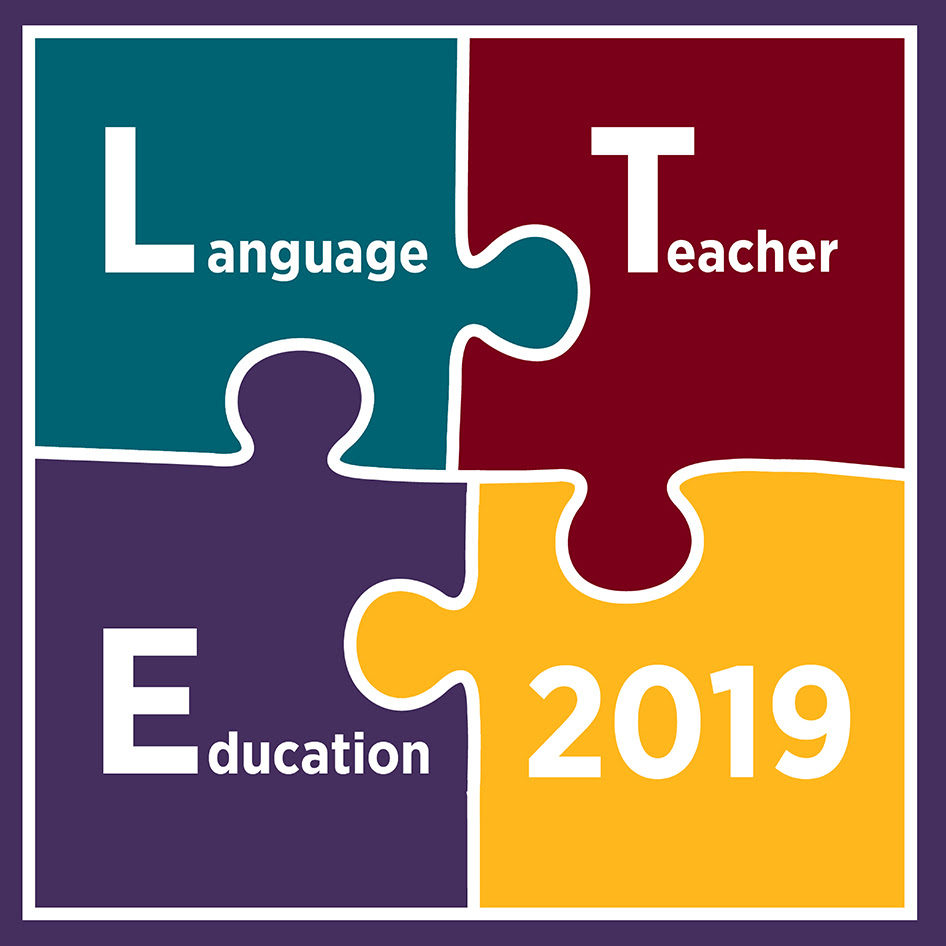 12th International Language Teacher Education Conference
12th International Language Teacher Education Conference
Theorizing Practice, Practicing Theory
May 30–June 1, 2024
The Graduate Hotel
Minneapolis, MN
- Name, Institute
title of presentation
The mission of this unique conference is to address the education of teachers of all languages, at all instructional and institutional levels, and in all the national and international contexts in which this takes place, including: English as a Second or Foreign Language (ESL/EFL) instruction; foreign/modern/world language teaching; bilingual education; immersion education; indigenous and minority language education; heritage language education; and the teaching of less commonly taught languages. The conference thus aims to bring together a range of teacher educators to discuss and share research, theory, and best practices and to initiate and sustain meaningful professional dialogue across languages, levels, and settings on the topic of language teacher education. The conference will focus on the following four broad themes:
(Click theme title for a description)
The Knowledge Base of Language Teacher Education
A central issue in language teacher education is the question of what constitutes the knowledge base of language teaching and how it relates to the processes and content of teacher education. This theme will include research and perspectives on: teachers’ knowledge and beliefs; teacher learning in formal and informal contexts; teachers’ ways of knowing; teacher socialization; professional development; and the nature of disciplinary knowledge.
Social, Cultural, and Political Contexts of Language Teacher Education
Language Teacher Education takes place in multiple contexts and with diverse populations, where language, culture and identity are intricately bound together. These contexts are often impacted by actions taken by formal and informal decision-making bodies, which may or may not involve the participation of teacher educators. This theme will include critical and analytical perspectives on: institutions, communities, and discourses within which teacher education practices are situated; language education policy and planning; power, status, and authority in language teacher education; diversity and equity in language teacher education, including issues of race, class, gender, sexual orientation, and language; the socially situated nature of language and learning; and issues related to policy, such as standards, legislative mandates, recruitment and retention, and advocacy by language teacher organizations.
Collaborations in Language Teacher Education
A key element in teacher development is effective collaboration between those individuals and institutions preparing teachers and their professional counterparts currently engaged in language teaching and learning. This theme will examine: ways in which teacher education recognizes the shared development of professionals; models or structures of collaboration that stress ongoing teacher development including mentoring and professional development schools; examples of and/or research on collaboration in which teacher development and research inform each other; and research, projects, or practices that recognize teacher expertise and the teacher voice as pivotal in addressing issues of language teaching and learning.
Practices of Language Teacher Education
The practices of language teacher education refer to the
ways in which the knowledge base is conceptualized and operationalized
in teacher preparation and professional development. This
theme will examine:
program design; curriculum models; pedagogy; teacher assessment;
organization of instruction; field experiences; observation/supervision;
self-study
of practice; and action research.
Conference Sponsors
This conference is sponsored by the Center for Advanced Research on Language Acquisition at the University of Minnesota in partnership with the Center for Educational Resources in Culture, Language & Literacy (CERCLL) at the University of Arizona and Professionals in Education Advancing Research and Language Learning (PEARLL) at the University of Maryland. The conference is cosponsored by the following University of Minnesota units: .
Conference Planning Committee
Kate Paesani, Center for Advanced Research on Language Acquisition )
Conference Administrative Team
Karin Larson, CARLA Executive Assistant Director
Liz Hellebuyck, Program Associate
Marlene Johnshoy, Technology Coordinator
 12th International Language Teacher Education Conference
12th International Language Teacher Education Conference
